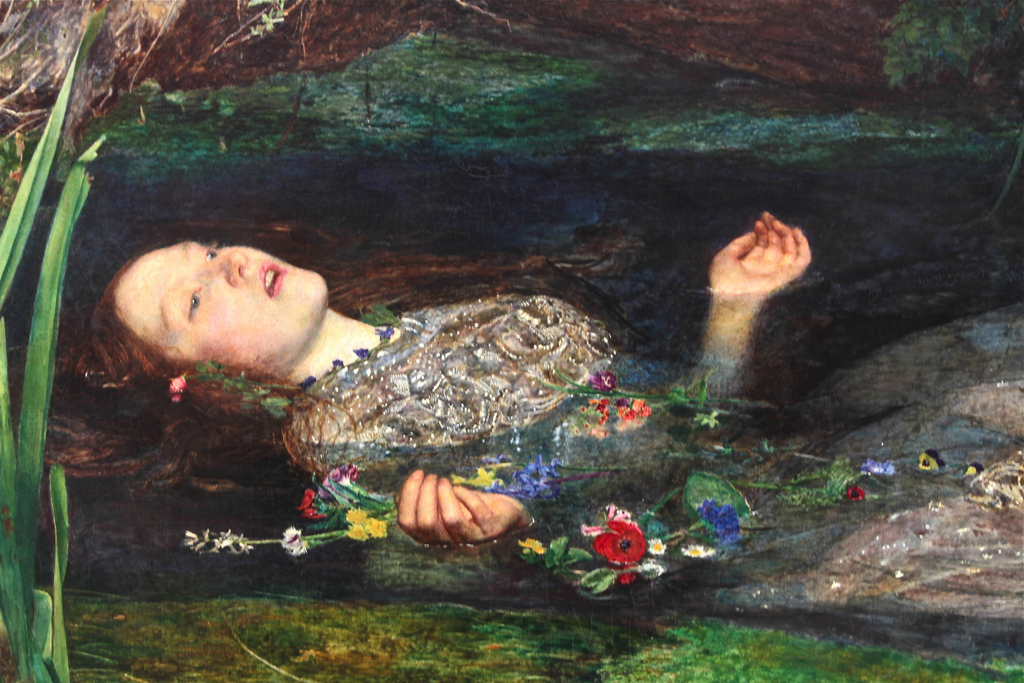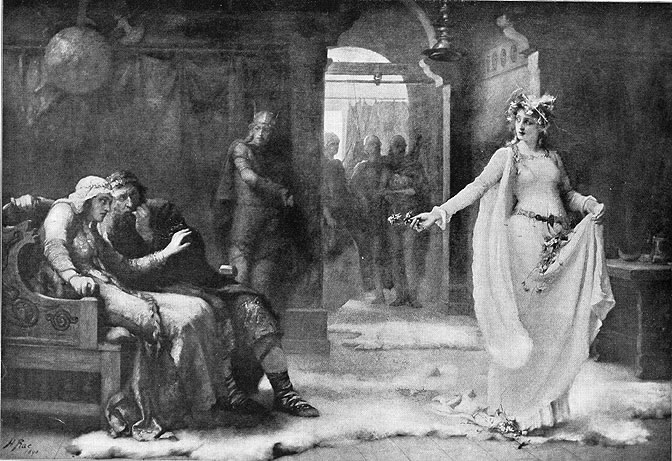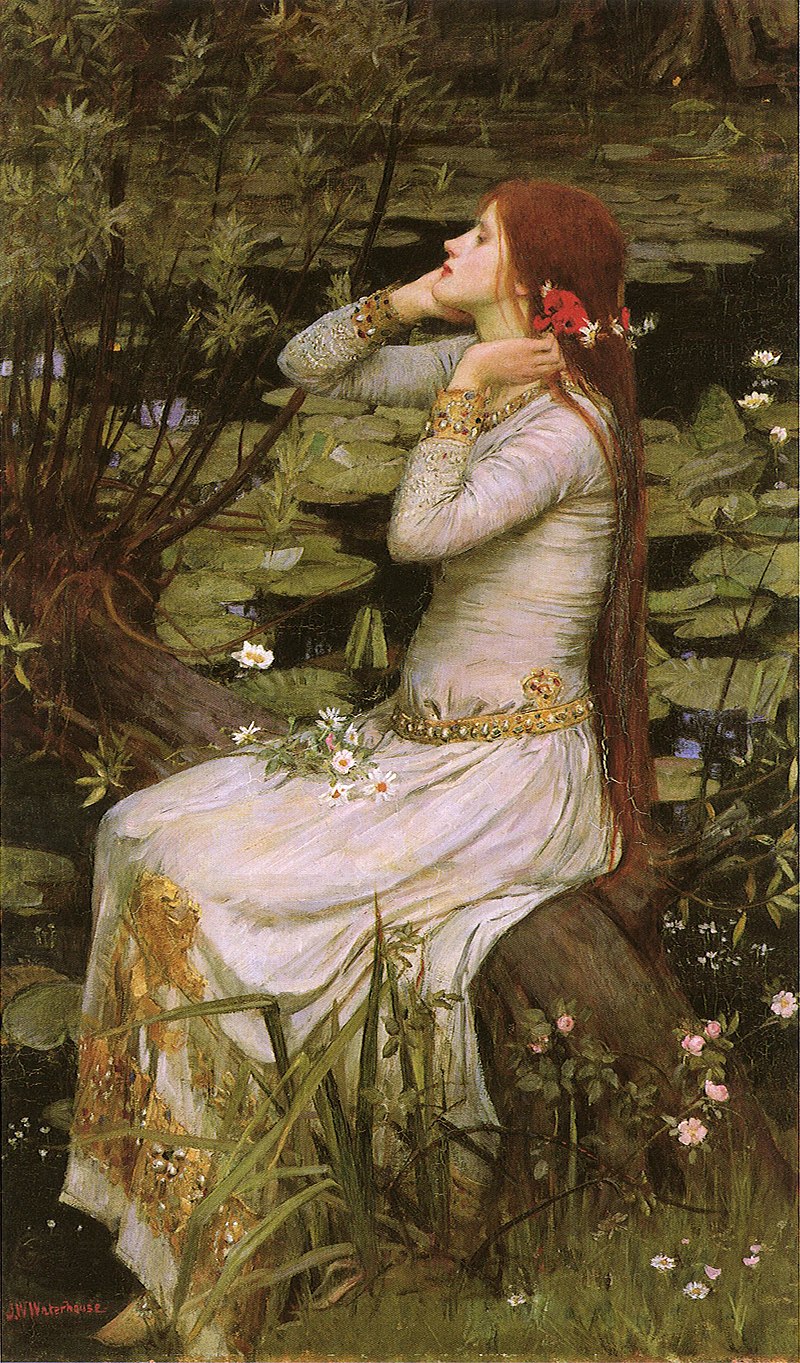8.5: Drama Discussion Questions, Assignments, and Supplemental Resources
- Page ID
- 40479
\( \newcommand{\vecs}[1]{\overset { \scriptstyle \rightharpoonup} {\mathbf{#1}} } \) \( \newcommand{\vecd}[1]{\overset{-\!-\!\rightharpoonup}{\vphantom{a}\smash {#1}}} \)\(\newcommand{\id}{\mathrm{id}}\) \( \newcommand{\Span}{\mathrm{span}}\) \( \newcommand{\kernel}{\mathrm{null}\,}\) \( \newcommand{\range}{\mathrm{range}\,}\) \( \newcommand{\RealPart}{\mathrm{Re}}\) \( \newcommand{\ImaginaryPart}{\mathrm{Im}}\) \( \newcommand{\Argument}{\mathrm{Arg}}\) \( \newcommand{\norm}[1]{\| #1 \|}\) \( \newcommand{\inner}[2]{\langle #1, #2 \rangle}\) \( \newcommand{\Span}{\mathrm{span}}\) \(\newcommand{\id}{\mathrm{id}}\) \( \newcommand{\Span}{\mathrm{span}}\) \( \newcommand{\kernel}{\mathrm{null}\,}\) \( \newcommand{\range}{\mathrm{range}\,}\) \( \newcommand{\RealPart}{\mathrm{Re}}\) \( \newcommand{\ImaginaryPart}{\mathrm{Im}}\) \( \newcommand{\Argument}{\mathrm{Arg}}\) \( \newcommand{\norm}[1]{\| #1 \|}\) \( \newcommand{\inner}[2]{\langle #1, #2 \rangle}\) \( \newcommand{\Span}{\mathrm{span}}\)\(\newcommand{\AA}{\unicode[.8,0]{x212B}}\)
Drama Learning Activities
The following learning activities are meant to prompt discussion and/or writing projects. Consider them lenses through which to examine the plays more deeply.
Assignment: Literary Research Essay on Shakespeare's Hamlet
Consider the following questions:
- New Historicism: What is the ghost that appears in Hamlet? Is it actually the ghost of Old Hamlet, a demon come to trick young Hamlet away to his doom, or a figment of Hamlet's madness? Justify your position with quotes/evidence from the play and/or any research you can find about how Elizabethans may have viewed ghosts, demons, or insanity.
- New Historicism: Is Hamlet actually mad (insane), or just pretending to be insane? Justify your position with quotes from the play and/or any research you can find about madness/insanity as it was viewed in the Elizabethan period.

"Ophelia" by John Everett Millais (1852) in the public domain

"Ophelia" by Henrietta Rae (1890) in the public domain

"Ophelia" by John William Waterhouse (1894) in the public domain
The character Ophelia from Shakespeare's Hamlet has captivated the imagination of writers and artists ever since her tragic appearance in the play, especially in the Victorian period. Why do you think this might be?
- Gender: While many—including Hamlet himself—seem to view the women of the play as weak (Ophelia) and/or power-hungry co-conspirators in the plot to take over the Danish throne (Gertrude), some critics have argued the women in Hamlet are actually heroes, exercising the most agency they can given the limitations of gender roles in their cultural context. Consider one of the female characters in the play. Is Ophelia as weak and "mad" as Hamlet, or is she exercising the most agency she can given her position? Is Gertrude an active co-conspirator with Claudius, an innocent bystander, or a hero who attempts to save her son?
- Marxist/Formalism: throughout the play, the form of dialogue often shifts between iambic pentameter and prose. Some critics have noted that nobles tend to speak in iambic pentameter, common people speak in prose, and Hamlet switches between the two depending on the context, but there are moments which do not neatly fit into these categories. Closely examine the switching between iambic pentameter and prose. Assuming it is intentional on the part of Shakespeare, why do you think this form shift occurs? What might the shift reveal about social class, or even madness?
Additional Supplemental Resources, Videos, & Readings
Videos
- Crash Course Literature: Hamlet (Part 1) (Part 2)
- Part 1
- Part 2
- Crash Course Literature: Macbeth (Part 1) (Part 2)
- Part 1
- Part 2
William Shakespeare: Hamlet
- Bloom, Harold. Hamlet: Poem Unlimited.
- --- Shakespeare: The Invention of the Human.
- Greenblatt, Stephen. Will in the World.
- --- Hamlet in Purgatory.


